
Looking back: All the very real issues with ‘Gilmore Girls’
Enough with the poodles, already! Gilmore Girls is known as the definitive coming-of-age drama from the 2000s. From first loves to first pregnancies, we have experienced our own firsts with the characters. From the premiere in 2000 to the revival in 2016, sixteen years passed for both cast and viewer.
However, unlike the actors who have aged out into characters such as revolutionary heroes under dystopian governments to other long-term sitcom roles, the show and its comedy have remained stagnant and, frankly, outdated.
Gilmore Girls has not stood the test of time and its sharp, quick-witted banter now veers into the offensive. To the modern viewer, fat-shaming and bullying just isn’t cool. The acerbic sentences that perhaps made the Gilmore girls seem trendy and hilarious now leave a bad taste in our mouths, making us question why exactly we looked up to them in the first place.
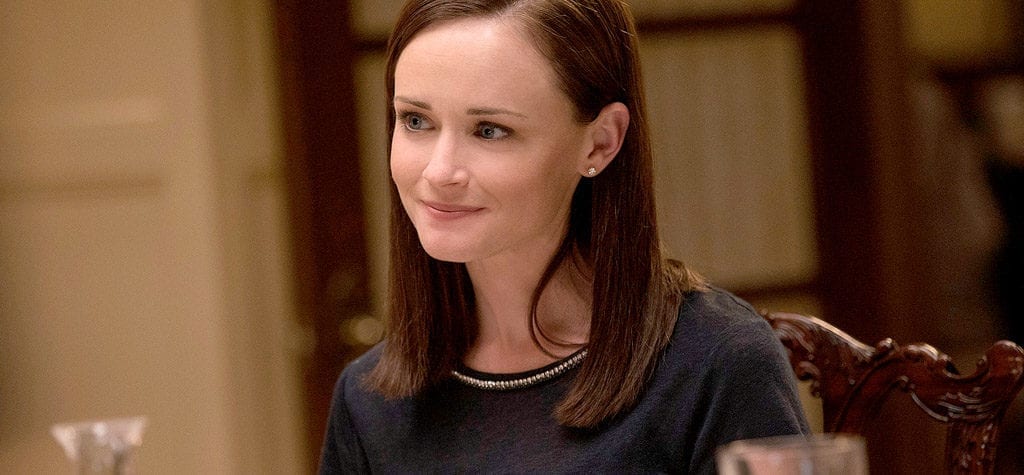
Fat-shaming
In the aptly titled “Die, Jerk”, Rory (Alexis Bledel) comparing a ballerina to an elephant is lauded as humorous and honest reviewing. Her complete takedown of a woman who was by no means fat completely undermined common decency. There is reviewing a show and there is reviewing back rolls – the latter definitely doesn’t fit into modern ideas of body positivity.
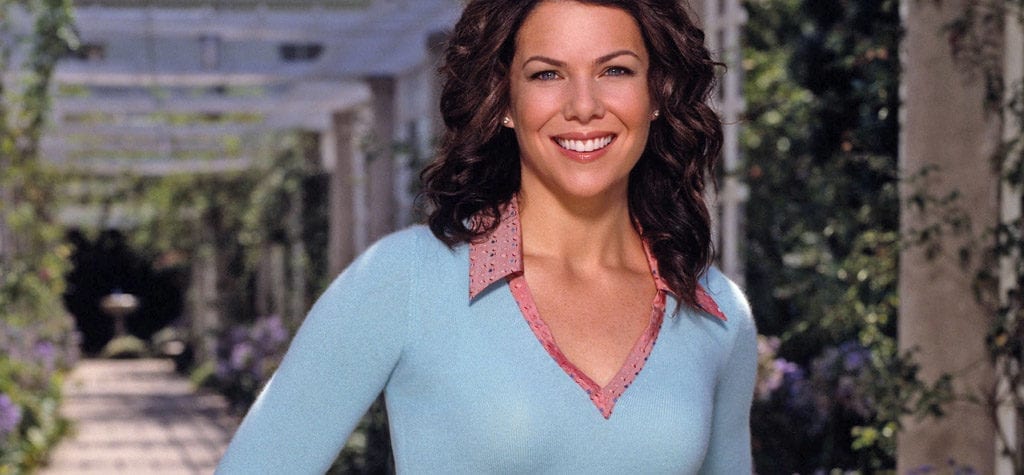
Identity jokes
Jokes about sexuality and identity often had a way of slipping into the show unnoticed. In rewatching Gilmore Girls, it’s really the little digs that make you question why the show was given a revival. In “You Jump, I Jump, Jack”, Lorelai quips that her and Luke would have to get sex reassignment surgery in order to “not look funny” when they kiss. This innocuous comment now feels a bit tone deaf and not something worth joking about.

Victimhood
Possibly the winner in why the show has not stood the test of time: Rory stealing a boat before moving into a newly renovated pool house (which cost $40,000, by the way) to hang out with her boyfriend, just because a newspaper mogul told her she might not make it. Most millennials know the struggle of not succeeding, and it’s fine to soul search, but stealing a boat is never the answer. Not cool at all.
Food habits
Maybe this is pedantic, but seeing women eat an unhealthy fast-food based diet while retaining relentlessly slim figures seems wrong. It perpetuates the idea that bad eating has no repercussions and that gaining weight is not a thing (see fat-shaming).
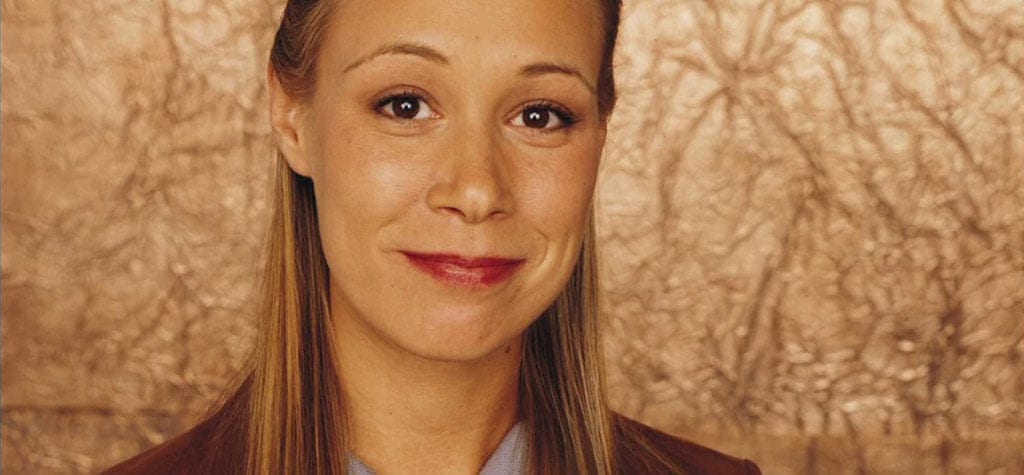
Bullying
Paris Geller is a mixed bag – she has moments of pure empowerment that make you love her, and she definitely calls everyone out on their crap. However, in the earlier seasons (and her terrorizing the newsroom in season six), she is just a great, big bully. Rory’s defiant sentences do nothing to quash her systematic meanness and it’s not identifiable – it’s despicable.
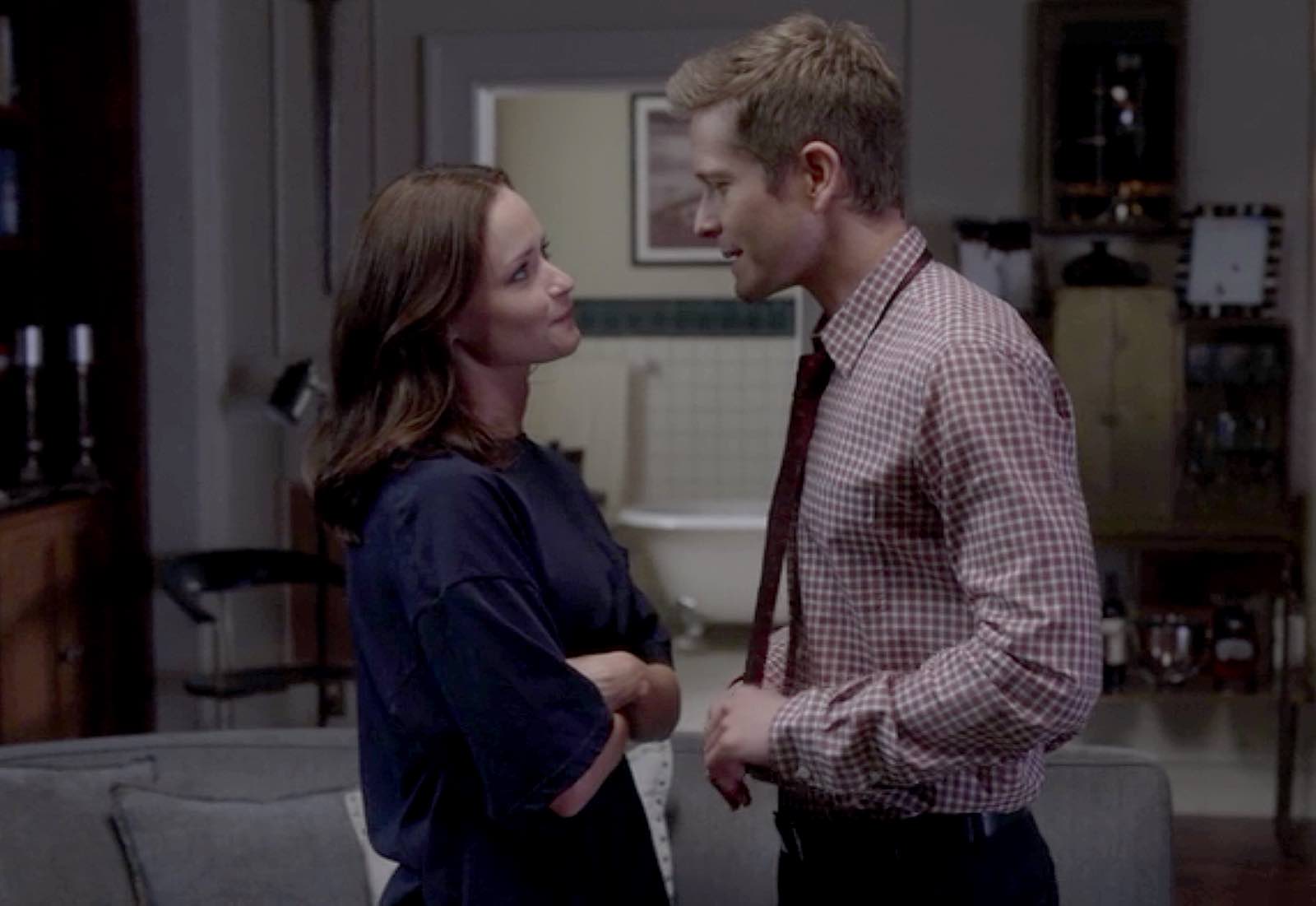
Cheating
Finally, Gilmore Girls can be lauded for bringing to screens the more unsavory aspects of dating as adults. However, both main characters engage in cheating relationships throughout – Rory cheating on her boyfriend Paul by sleeping with a married Dean, and Lorelai getting together with Christopher while still engaged to Luke.
These experiences do not work on film as in life. And to viewers who have experienced the heartbreak of infidelity, the way it’s treated just doesn’t work any more. We live in the age of consequences and Gilmore Girls simply doesn’t deliver them.
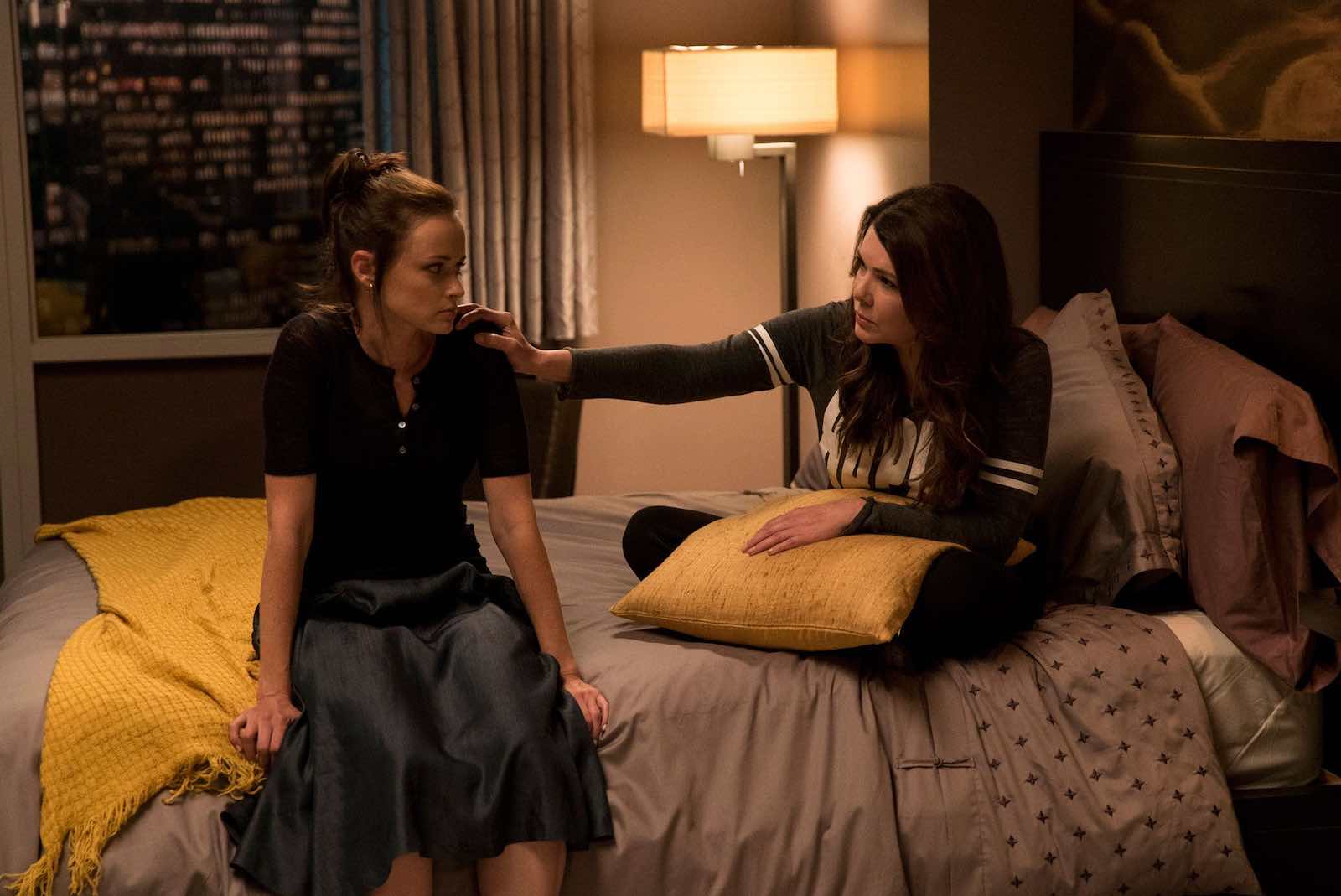
It’s a shame that such an empowering and initially female-driven show has not stood the test of time. But equally, it’s not. Gilmore Girls might not be the “cool” coming-of-age drama anymore, but it can be replaced with things like Grown-ish, Lady Bird, and Call Me by Your Name, which shed light on difficult teen situations with grace and humor.
That’s not to say Gilmore Girls can’t be reserved for rainy days or winter nights, but it’s important to be aware of how and why society has changed – and why it’s okay to judge Lorelai for using the word “spaz”. What’s cool now is that we recognize, not only the growth of the characters in the shows we’ve loved, but also in ourselves and our society.



